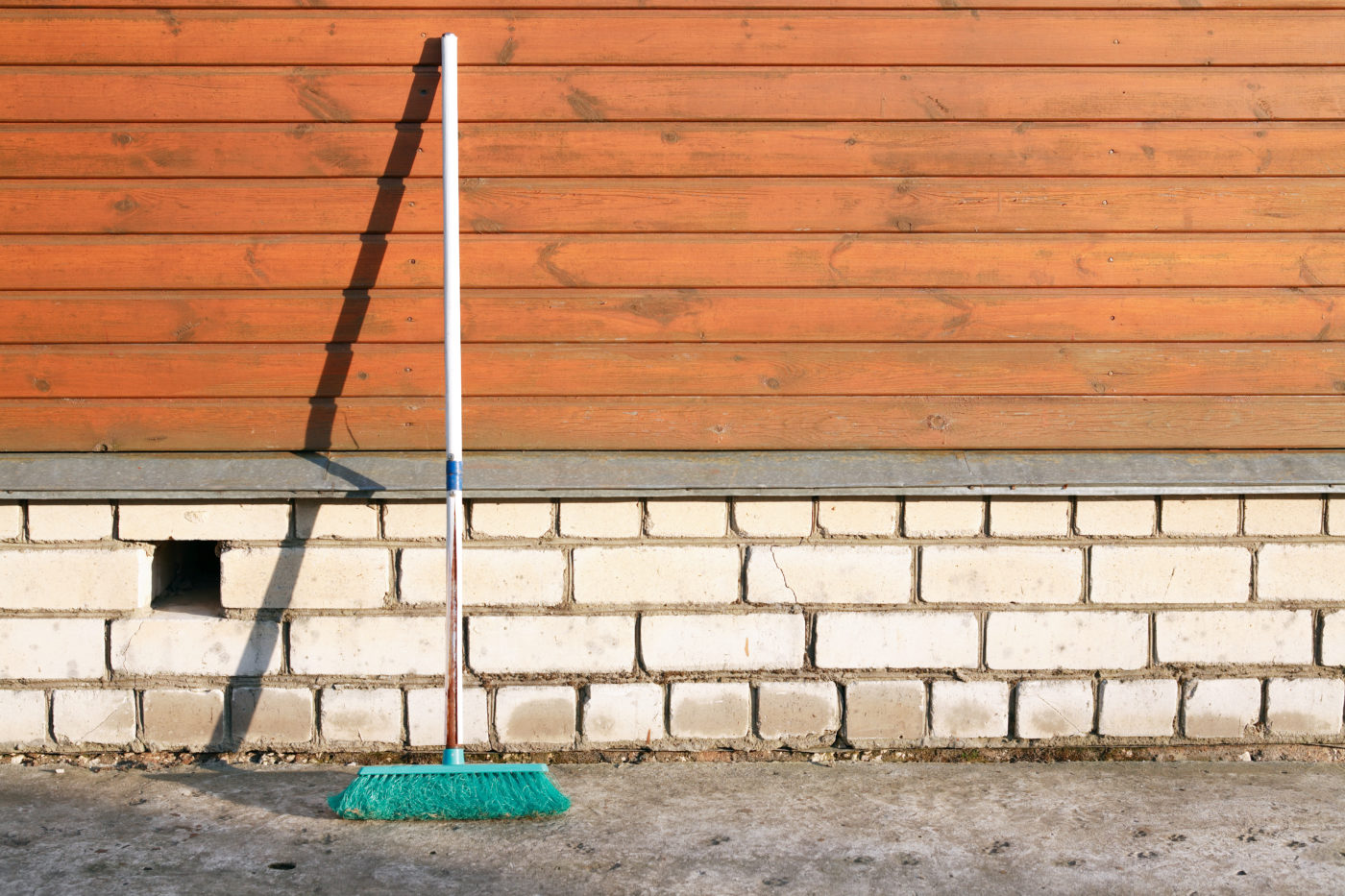
You’ve Got Chores in the Household of God
Growing up, I was the duster. My younger brother Sean was the vacuumer. And to this day, since dusting is in my wheelhouse, wherever I go, I’ll often find myself straightening paintings.
And then there are always the chores you hate to do. For me, that was when I had to wash tile walls in the bathroom. To this day, I would rather walk on glass than wash tile walls.
Whether you love them or hate them, doing chores is just part of being in a household. Visitors aren’t expected to do them, but so long as you’re part of the family, then you can expect to do your share of chores.
In God’s family, likewise, we should be okay with having some responsibilities.
Now, it’s important to be reminded that your responsibilities don’t earn you a place in the family. By God’s grace, you’re already a part of His family. But now that you belong, you’ve got some rules to obey and jobs to do. In 1 Timothy 3:14, Paul talks about giving instructions so that “you will know how people ought to conduct themselves in God’s household.”
When you don’t like a chore you’re expected to do, you often ask “why” questions:
Why does the grass need to be mowed? Why does the bathroom need to be cleaned? What’s the big deal if we don’t vacuum this week? There are the short answers that parents can give: “Because I said so,” and “That’s what we do in this family.” There are also the longer answers: for example, when we don’t do our chores, the floors become a mess, the bathrooms get disgusting, and the pets die.
I want to tell you about a series of chores in the church that aren’t necessarily easy. But we do them because God said to, and because they are simply what we do in the household of God. Plus, if we get serious about them, the quality of life in our churches will skyrocket. Likewise, when we stop doing them, the quality of life in our churches will plummet. They are called the “one anothers.”
Within God’s household, we are expected to “one another” one another.
There are some 59 “one anothers” that we are expected to do in the household of God. Here are some examples:
- “Serve one another” (Galatians 5:13).
- “Encourage one another” (Hebrews 3:13).
- “Honor one another” (Romans 12:10).
- “Offer hospitality to one another” (1 Peter 4:9).
- “Accept one another” (Romans 15:7).
- “Love one another” (John 13:34).
Why don’t you try picking one—maybe one a week—and ask the Holy Spirit for help living it out? Then tell someone—someone you’re around a lot, like a spouse or roommate—that you’re going to try to work on it this week. Ask for them to pray for you. Ask if they’re seeing improvement.
Let me pick one of the “one anothers,” and flesh out what it might look like to practice it:
“Submit to one another” (Ephesians 5:21).
This one is especially transformative. After all, don’t we tend to want things done our way all the time? But that’s not the way it’s supposed to be in the household of God. When you submit to one another, you’ll experience the Christlikeness that comes when “in humility [you] value others above yourselves” (Philippians 2:3).
Wouldn’t it be great if those of us that have the strongest personalities and who have to be right all the time flip the script? You could make a commitment: “I’m going to try to do it the other person’s way for a whole week.”
Practice saying, “Let’s do it your way.” “Where do you want to eat?” “There are multiple ways we can tackle this; what way are you most comfortable with?” “I’d like to know your thoughts on this; you’ve got important ideas.”
Practice that, and you’ll experience what was once merely a chore become a delight.
Within God’s household, we are expected to “one another” one another.









